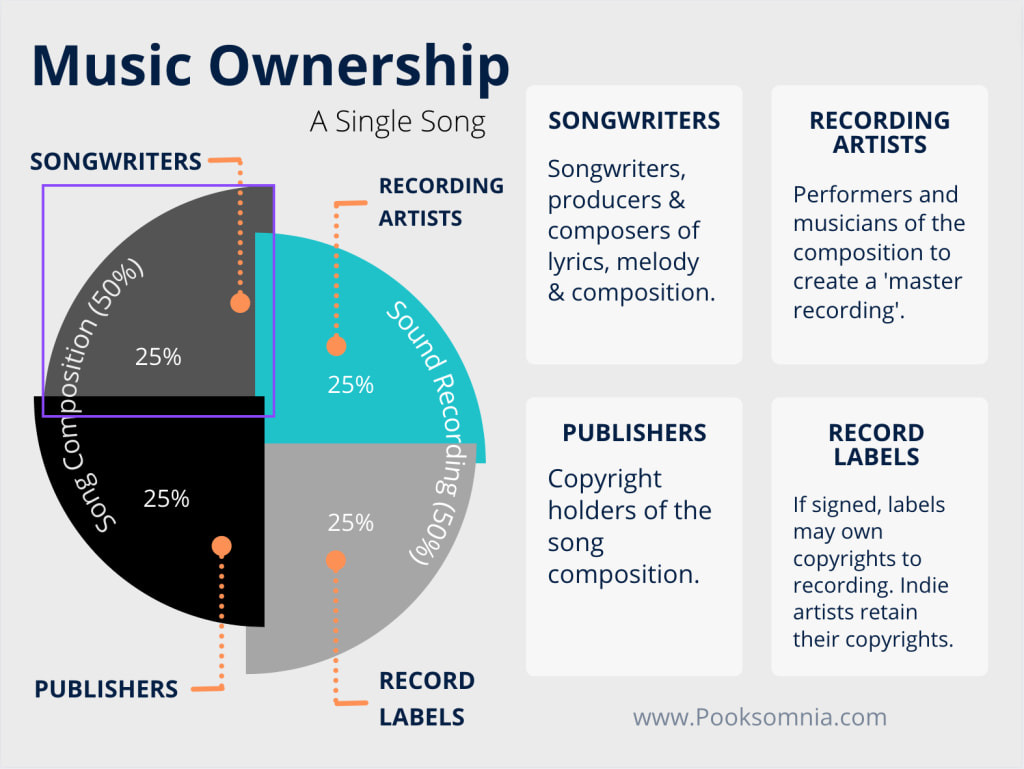System Of A Down’s 'Toxicity': A Wake-Up Call for the Streaming Generation
Explore the sudden disappearance of System Of A Down's 'Toxicity' from Spotify and its implications for digital media ownership.

The Digital Dilemma: When Music Vanishes

In an unexpected twist, System Of A Down’s iconic album 'Toxicity' has mysteriously disappeared from Spotify. This isn't just a licensing hiccup or a tech glitch; it’s an eye-opening moment for fans and an urgent reminder of the vulnerabilities embedded in our digital age. As the uproar grows, the incident reveals the precarious nature of digital collections that many of us have come to rely on.
A Symphony of Dissonance'Toxicity', released in 2001, is more than just a nu-metal landmark—it’s a cultural linchpin, a tapestry woven from threads of defiance and raw emotion. Its sudden absence highlights a stark truth: while we revel in the convenience of streaming, we are at the mercy of the platforms that control that access. In an era where music is streamed rather than owned, even our favorite albums are not immune to disappearing acts.
The Illusion of Ownership

For many, 'Toxicity' serves as a soundtrack for rebellion, a defiant cry against the mundane. Its removal is a poignant reminder that in the cloud-based model, our connection to music is ephemeral at best. Unlike physical media that resides in our collections, digital files are reliant on continued service agreements and licensing deals between artists, labels, and streaming platforms.
Forecasting the Future: A Call to Action
This incident isn’t just about one album; it’s a harbinger of the broader challenges of technological convergence. As music, video, and other media increasingly move to cloud-based services, we must reckon with the fragility of our digital libraries. It’s vital to find a balance between embracing the cutting-edge and ensuring the longevity of art that fuels our souls.
Therein lies the transformative opportunity: to advocate for systems that honor both artists’ rights and fans’ access. It’s time for platforms, artists, and labels to collaborate in building resilient models that preserve cultural treasures while embracing technological advances.
Keeping the Spirit of Music Alive

While System Of A Down fans hope for 'Toxicity’s' return, this disappearance serves as a wake-up call to reassess our relationship with digital media. It’s a reminder that advocacy for more sustainable digital content models is essential. As we navigate this frontier, let’s ensure that the rebellious spirit and raw energy at the heart of albums like 'Toxicity' remain untethered by digital dictates. In the end, music is not a commodity—it’s a connection, an experience, a piece of our identity—and it deserves a place both on our devices and in our hearts.




